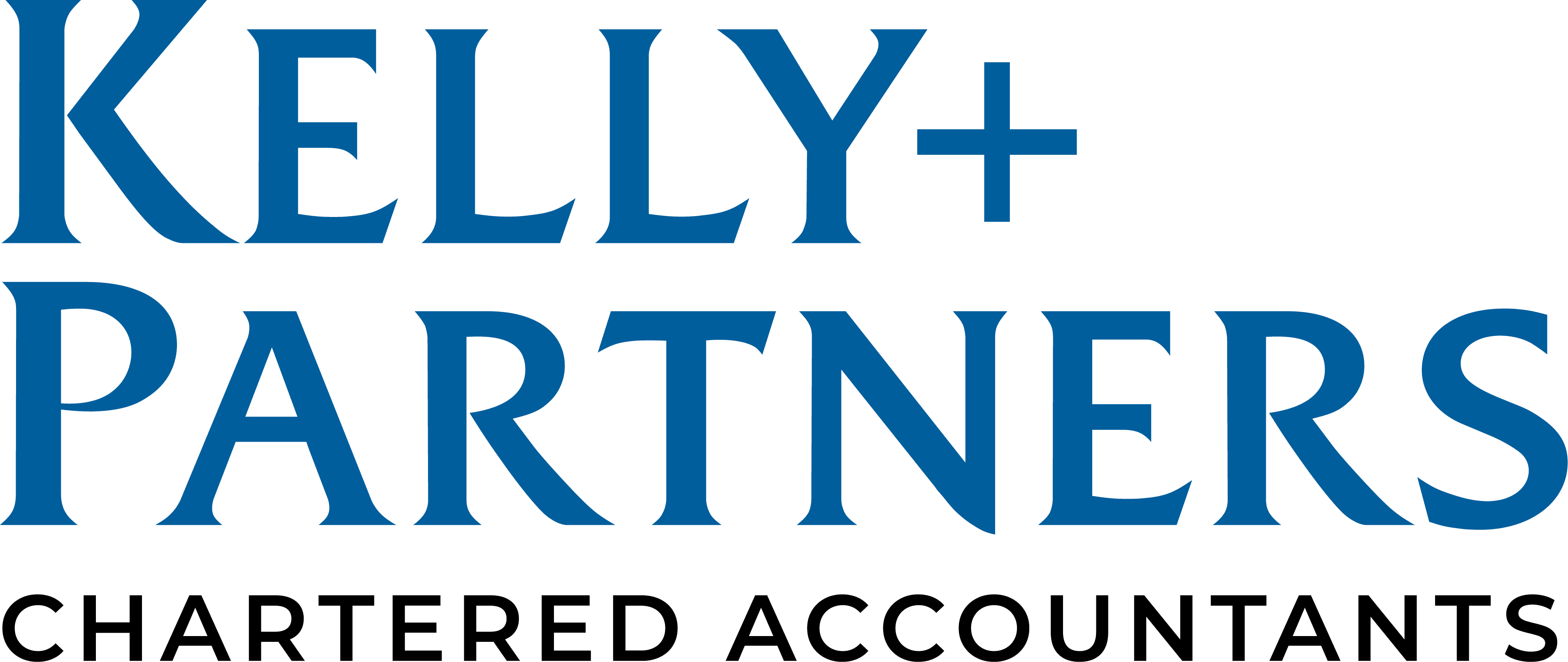What is business insurance and do I need it?
.png)
Every savvy business owner, hopefully at the early stages of establishing their own venture, has asked themselves ‘what insurance do I need for my business?’ And the answer will depend on a few things including the type of business you own, the products you sell, how you interact with customers and whether you’ll be employing people or using contractors.
And that’s just the first line basics.
As every business is different, so too are their insurance needs. While this won’t be a comprehensive list of every business insurance required, it’s a great place to start.
What is business insurance?
Business insurance is insurance cover for your business and covers a range of possible losses due to damage, theft or loss to your business premises and/or business contents. Cover is usually offered under one of two broader categories of:
- A financial loss due to business interruption, or
- A material loss of physical assets.
Types of business insurance
According to the Australian Government’s business.gov.au site:
‘Your business may require certain types of insurance, either:
- by law (such as workers' compensation insurance), or
- because people you deal with may require it (such as public liability insurance to get a market stall).
Other types of insurance are your choice, but can be an important way to reduce business risk and protect things like your:
- business assets (such as equipment, premises and stock)
- customers
- employees
- business owners
- earnings.’
If you’re unsure of what insurances you need, or anything to do with setting up your own business, always contact professionals.
Business insurance required by law
Some compulsory insurances are:
- Workers’ compensation, if you have employees
- Third party personal injury – more commonly known as Compulsory Third Party (CTP) – if you own a car. However, this may be part of your car’s registration fee.
- Public liability - covers for third party death or injury and is compulsory for particular types of companies.
Because there’s different types of workers’ there’s different types of workers’ compensation insurances.
Worker's Compensation Insurance
All employers must have workers' compensation insurance to cover themselves and their employees against financial hardship caused by accident or illness. This insurance is, for the most part, offered through an authorised insurer.
Rules and regulations vary from state to state or territory so please contact your accountant, or the relevant state or territory regulator, for more information.
The Fair Work Ombudsman has more information about your state or territory’s Worker’s Compensation regulator.
For help finding authorised insurers, see the Australian Prudential Regulation Authority (APRA) register of general insurance.
Workers' compensation for contractors
If you’re an independent contractor or sub-contractor, you may need your own insurance.
If you employ contractors, check your state or territory regulations.
Workers' compensation for sole traders
As a sole trader, you can’t cover yourself so you’ll need to look into your own personal death, illness and disability insurance. Private insurance can offer cover for accident or sickness and may also offer cover for lost income while you’re unable to work.
Public Liability (PL)
Public Liability (PL) insurance covers you and your employees against third parties who claim your services or products caused them bodily injury or damaged their property. Common examples include someone tripping or slipping at your place of business or an employee damaging a customer’s belongings while carrying out their work.
Not only does PL cover the actual damage, but it also covers your legal defence costs.
Building and Contents Insurance
Similar to the building and contents insurance you would take out on your residential properties.
Building insurance covers against the loss or damage to buildings you own, resulting from an insured event such as flood, fire, storm, wind etc.
Contents insurance covers your business contents or stock against damage from fire or storm. It also covers malicious damage and other events listed in that particular policy.
Professional Indemnity (PI) Insurance
Professional Indemnity (PI) Insurance protects you against liability for any damages or legal costs resulting from claims for any act, omission, or beach of duty while carrying out your work.
It’s worth noting that PI does not cover if there’s only a financial loss or if the loss was a result of a breach of professional duty. This is a distinct and important difference.
Tax Audit Insurance
The Australian Taxation Office (ATO) can audit any individual or business to verify the financial information provided is real, true and correct. Compliance audits, especially those relating to Payroll Tax, are common. As even the smallest of tax audits can be time consuming, tax audit insurance is intended to help cover the costs your business incurs when it’s being audited by the ATO.
Every business has different insurance needs
All insurance is a safety net. Of course, we always hope we never have to use them but, should things not go to plan, you’ve got the peace of mind knowing you and your business are fully covered with all the business insurance you need.
For more information on setting up the business insurance you need for your business, please contact us!











